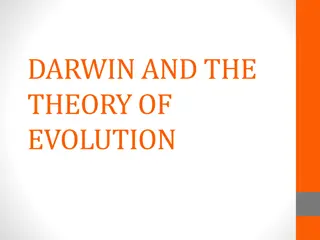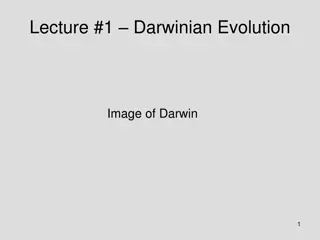Evolution of Health Care Management and Development Concepts
Explore the dynamic concepts of health care management and development theories, from the traditional stages of cultural evolution to the modern implications of information technology and Kondratieff cycles. Delve into the historical context of basic innovations and the progression of societal paradigms towards self-realization and wisdom.
- Health Care Management
- Development Theories
- Kondratieff Cycles
- Information Technology
- Cultural Evolution
Download Presentation

Please find below an Image/Link to download the presentation.
The content on the website is provided AS IS for your information and personal use only. It may not be sold, licensed, or shared on other websites without obtaining consent from the author. Download presentation by click this link. If you encounter any issues during the download, it is possible that the publisher has removed the file from their server.
E N D
Presentation Transcript
International Health Care Management Part 1.2.3 Steffen Fle a Institute of Health Care Management University of Greifswald 1
1.2 Health and Development 1 International Public Health 1.1 Background 1.2 Health and Development 1.2.1 Context 1.2.2 Static Concept of Development 1.2.3 Dynamic Concept of Development 1.2.4 Health Care in Developing Countries 1.3 Conceptions 2
1.2.3 Dynamic Concept of Development Theory of cultural stages (Hans Bobek) Hunters and Gatherers Specialized Fishermen and Hunters Peasantry Clans Hierarchical Agricultural Society Unproductive Capitalism Productive Capitalism 3
Excursion What follows the group of Productive Capitalism ? Information Age? Limiting factor = information Better: knowledge Restricted to a person Basics for decision-making Wisdom People become scarce factors Self-realization Paradigm of Wholeness 4
Dynamic Concept of Development Ever since the industrial revolution: development along long waves (Kondratieff Cycles) Railway, Steel Chemistry, Electrical Engineering Automobile, Petrochemistry Information Technology ??? Steam Engine, Textile Industry 5th Kondratieff 6th Kondratieff 2nd Kondratieff 4th Kondratieff 1st Kondratieff 3rd Kondratieff 1800 1850 1950 1900 1990 20xx 5
Kondratieff-Cycles Explanation: Overview Basic Innovations Time Preference 6
Explanation I: Basic Innovations 1st Kondratieff: Mechanical and Energetically Innovation (1800- 1850) Steam Engine: James Watt (*19/1/1736 19/8/1819; 1769 Invention) 2nd Kondratieff: Steel, Railway (1850-1900) 3rd Kondratieff: Chemistry and Electrical Engineering (1900-1950) 7
Basic Innovations (cont.) 4th Kondratieff: Petrochemistry and Mobility Engineering (1950- 2000) 5th Kondratieff: Microelectronics und Information Technology (1980-?) 6th Kondratieff: Proposal 1: Nanotechnology (starting 2050?) Proposal 2: Human Technology / Psychosocial Health? 8
Basic Innovation in the 6th Kondratieff according to W. E. Baaske: Human Technology Social competence as key competence Competences: Expertise Methodological Competence Social Competence Self-Competence Personality as the Basis of Authority Traditional foundations of authority Reward Punishment Legitimation Advanced foundations of authority Expertise Personality Intensification to Self-Competence 9
Human Technology (cont.) Spirituality Content: Unity of body, soul and spirit in all dimensions of life Body: Health, Fitness How can I stay healthy and productive? Spirit: Education, Mental Capacity How can I stay creative and up-to-date? Soul: Question of the Meaning and the Being, Reference to Transcendence Why should I keep engaging? Which values are valuable? Which meaning is sensible? Which life is worth living? Which work is worth the effort? Do I leave anything behind? 10
Explanation II of the Kondratieff-Cycles Time Preference according to Neumann Content: Systematic disregard of future benefits Mathematical instrument: Discount rate Value and Economical Growth Economics is part of cultural science even though economists traditionally have a hard time giving cultural explanations for economic phenomenons 11
Explanation II of the Kondratieff-Cycles The Buddenbrook-Syndrome Founding Generation Luck, Coincidence Frugality: low time preference Diligence Preserving Generation Higher propensity to consume: average time preference Diligence: lower work orientation Ruining Generation High propensity to consume, high time preference Laziness Bad luck 12
1.2 Health and Development 1 International Public Health 1.1 Background 1.2 Health and Development 1.2.1 Context 1.2.2 Static Concept of Development 1.2.3 Dynamic Concept of Development 1.2.4 Health Care in Developing Countries 1.3 Conceptions 13























